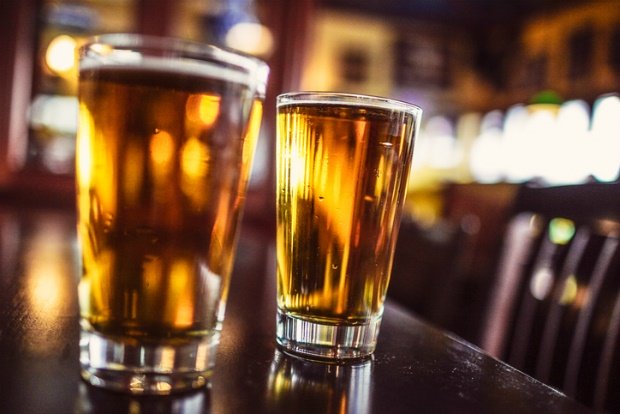Last week, in what started as a quiet deal and ended being shouted from the social media rooftops, Devil’s Peak – or in fact Signal Hill Products, the parent company to the Cape Town brewery – struck a deal with The Tap Room, buying some 700 installed draught taps around South Africa. The Tap Room was South Africa’s largest beer distributor, representing a wide range of macro and microbreweries including Darling, Drifter, Mad Giant, Poison City, Brauhaus am Damm, Sabie Brewery, Nottingham Road as well as Heineken and its various brands and partners, including Soweto Gold, Stellenbrau and Jack Black.
The beer community reacted instantly and passionately, kicking off with a Facebook post from Carl Nienaber from Drifter. He wrote that “the landscape of the South African craft beer scene changed radically for the worse when the country’s largest craft beer distributor sold all their draught dispensing equipment to the country’s largest ‘craft’ brewing group”, going on to suggests that Signal Hill is seeking “market domination.
Responses to the post included comments like “it’s a sad day for the consumer”, “can only be a bad thing” and a conversation among small brewers determined to educate consumers on “genuine craft vs macro craft”. Beerhouse founder Randolf Jorberg wrote his take on the Beerhouse blog.
It’s taken me a few days to speak to enough of the relevant parties and to find time to put all of this into what I hope will be a cohesive, if rather long, post. Here goes:
What are the facts?
After courting several offers, including one from a major international brewing company, Dyllan and Lliam Roach of the Tap Room decided to sell their current assets in the trade to Signal Hill Products. This includes 200 installed units housing some 700 taps/lines.
Whose beers were on those lines before they were sold?
The Tap Room had a wide range of clients, including macro, micro and even a few nanobreweries. However, according to Devil’s Peak director Russell Boltman, fewer than half of the lines were being used to dispense beer. The majority were being used to dispense other products such as Brannas, prosecco and pre-mixed G&Ts. “There are only seven craft breweries that have more than five lines in total,” Russell said.
Why is it such a big deal?
People are worried that Signal Hill will remove competitors’ beers and replace them with their own products, which include beers from Devil’s Peak, Little Wolf, Alpha, St Francis, Mitchell’s and Fokof Lager, as well as international brands brewed locally – Mikkeller, Amundsen and Fierce plus Guinness, which is distributed by Signal Hill.
So are they going to remove competitors’ beer from the taps?
Well, this is the question. Carl Nienaber certainly thinks so, writing on Facebook: “Over the next few weeks, we are likely to see dozens, if not hundreds of taps that had been pouring beers from small independent breweries being replaced with products from the basket of one company – the biggest, least independent craft brewery in South Africa.”
Read the rest of my comment on my blog and see Devil’s Peak’s statement.
What craft beer(s) on tap would YOU like to see available in your local restaurant or bar? Comment below or email us!
Lucy Corne is a Cape Town-based, certified beer judge and is the author of SA’s first dedicated beer book, African Brew. She has worked as a travel writer for more than a decade, with work published in magazines, newspapers, guidebooks and anthologies around the world. Beer plays a large part in her travels, and breweries often appear above museums on a trip itinerary. She also blogs about the South African beer scene under the moniker ‘The Brewmistress’.

